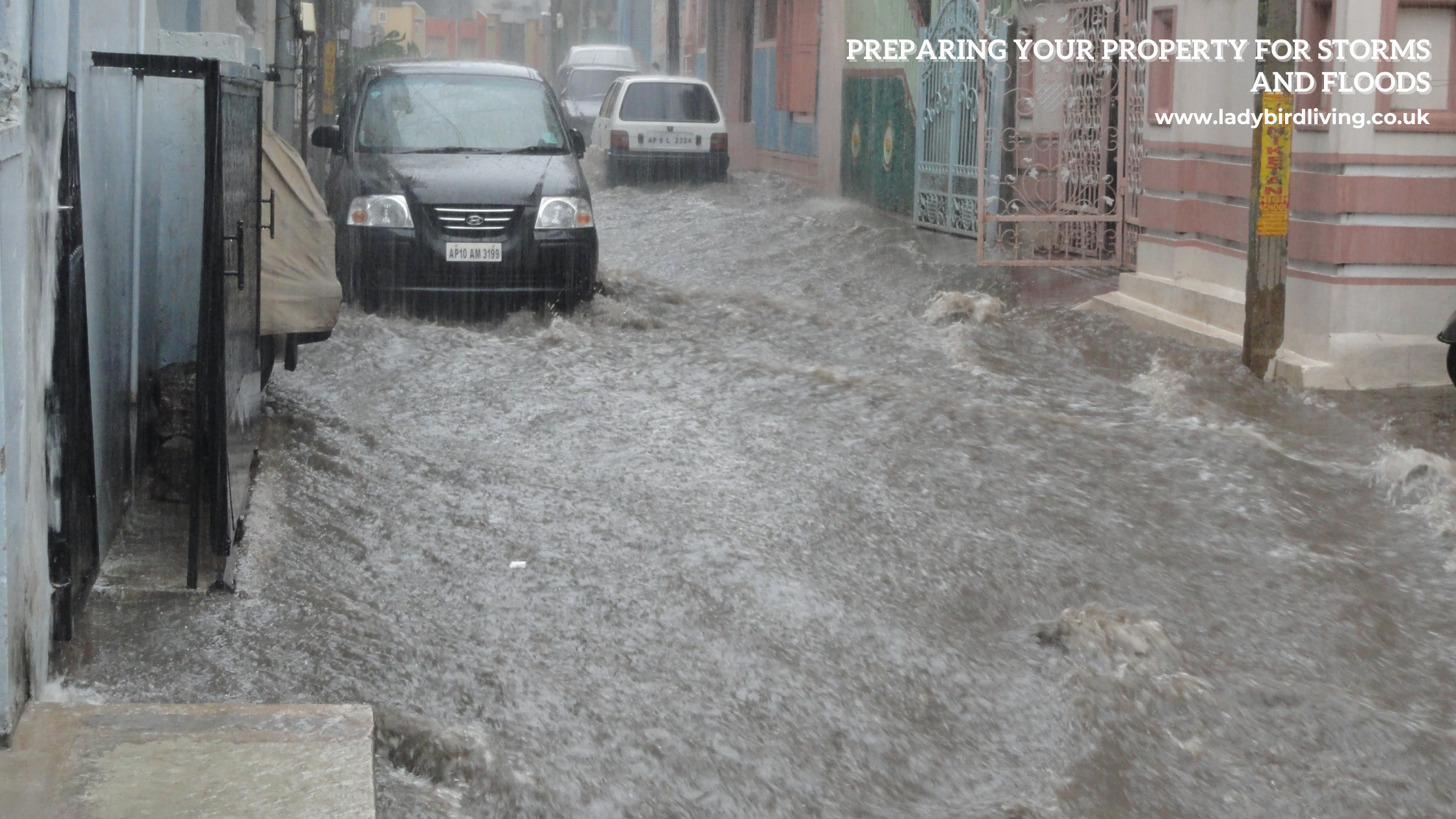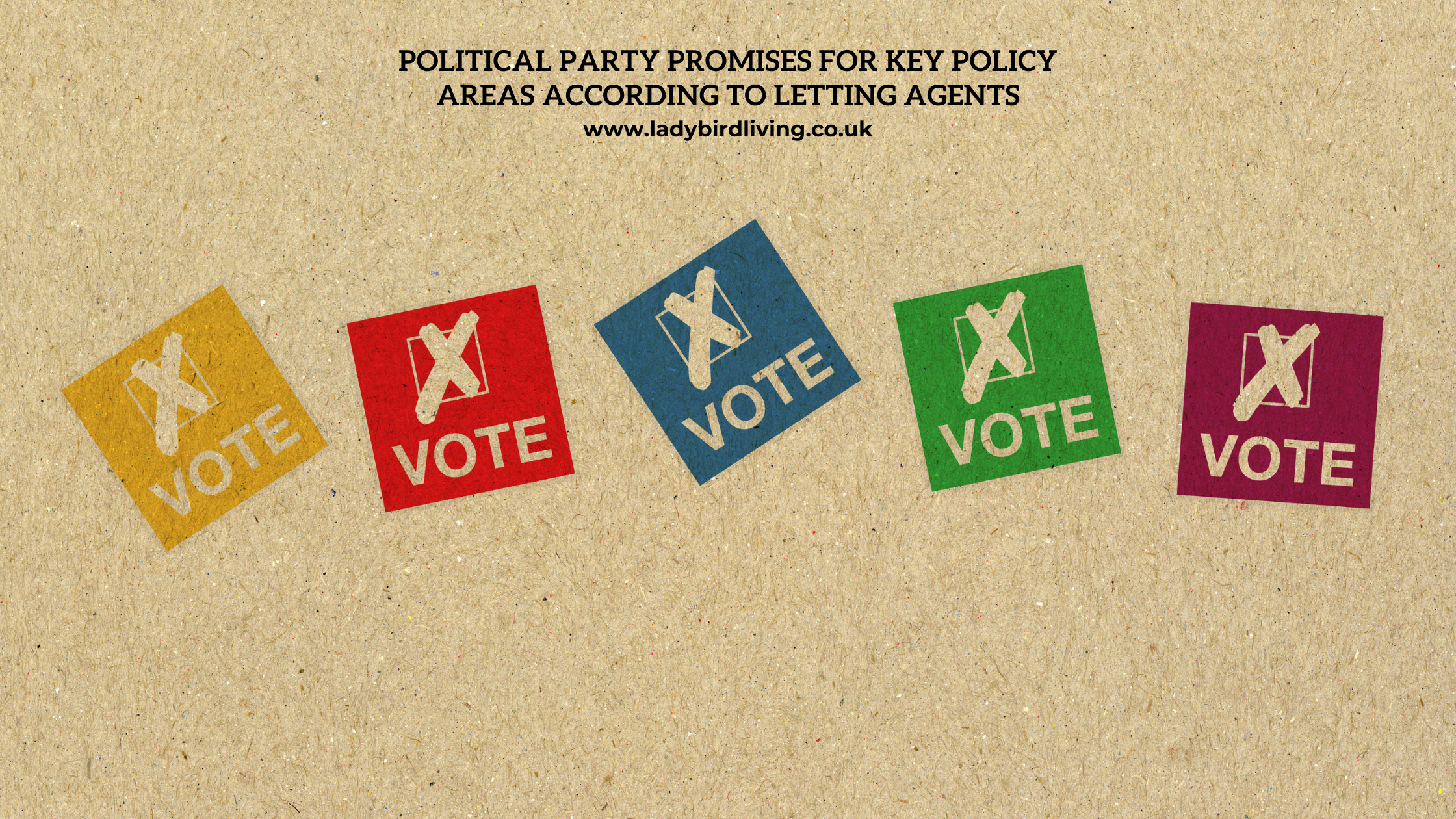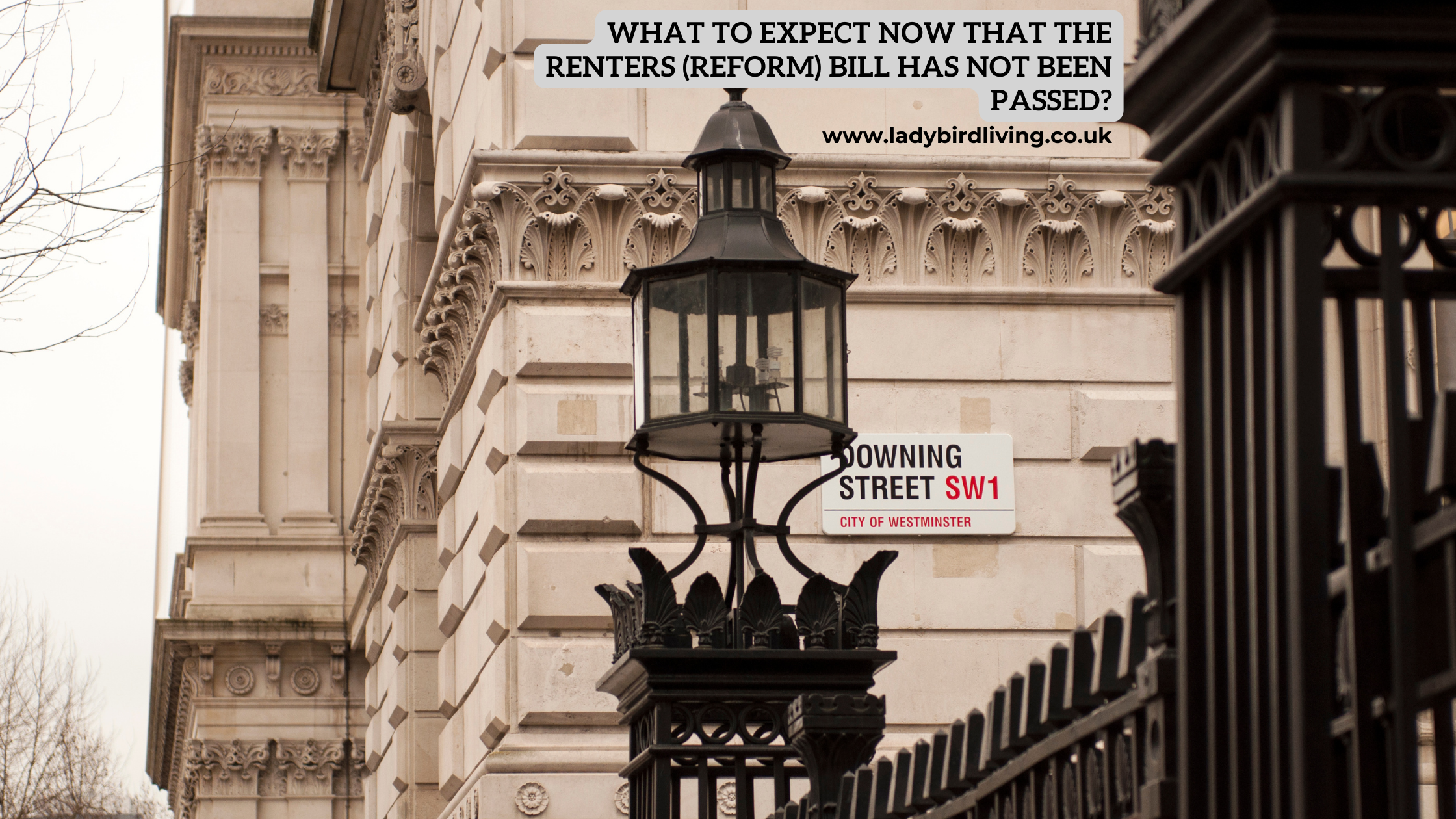
Preparing your property for storms and floods
The UK Met Office has forecasted a rise in the occurrence of storms across various regions in the UK. The phenomenon of storm clustering, where multiple storms hit the same areas in quick succession, is expected to persist as a result of climate change.
This indicates that rental properties across the UK could be susceptible to significant weather events, prompting landlords and letting agents to be proactive in preparing for potential challenges affecting their tenants.
Outlined below are essential guidelines for landlords and letting agents to safeguard rental properties when confronted with adverse weather conditions:
Regular inspections every six months are recommended to identify and monitor potential property damage, allowing for early detection and prevention of issues before they escalate.
In compliance with the Homes (Fitness for Human Habitation) Act 2018, landlords must provide tenants with a minimum of 24 hours’ notice before conducting property inspections.
Key elements to scrutinise during property inspections include:
- Ensuring seals around windows and doors are secure.
- Checking for exposed pipes.
- Verifying the stability of guttering and assessing for cracks or blockages.
- Confirming the security of the roof and the condition of roof tiles.
Landlords must address any known issues promptly to avoid being held responsible for repair costs instead of relying on insurance. It is crucial to communicate any property changes or repairs with tenants to maintain open and transparent communication.
Understanding a landlord’s rights and responsibilities regarding property repairs is essential.
Preparation for High Winds:
Landlords and letting agents should stay informed about severe weather warnings in the property’s location, including whether the property is situated in a floodplain.
In the event of high winds, landlords and letting agents should consider:
- Securing loose outdoor items like garden furniture and children’s toys.
- Safely storing electrical outdoor items.
Additionally, it is advisable to check for:
- Low-hanging or loose tree branches around the property.
- The security of all fence panels surrounding the property, as storm damages to fence panels are typically excluded from insurance claims.
Preparation for Flooding:
In January 2024, there were about 2,200 properties that had been flooded due to Storm Henk as reported by the Environmental Agency. For properties near bodies of water, on floodplains, or prone to flooding, signing up for flood warnings is recommended for preparedness.
Landlords hold legal responsibility for specific repairs if the rental property is affected by flooding. This includes ensuring utilities are functional, repairing damages, and maintaining the property’s structural integrity.
Providing tenants with appropriate precautions, such as distributing sandbags during flood warnings and checking pipes and guttering, benefits both landlords and tenants.
In case of previous flooding, ensuring proper repairs and maintenance are carried out is crucial to prevent mold and potential health issues.
Dealing with Storm or Flood Damage:
Landlords should contact their insurance provider promptly if their insured property sustains damage, documenting the damage with timestamps before initiating repairs.
In case of flooding, tenants should be instructed to shut off gas and electricity, and landlords should communicate the location of fuse boxes and stopcocks. Electricity should only be restored after inspection by a qualified electrician, while gas should be turned off in flood-risk situations.
Landlords must stay in contact with tenants throughout the experience, maintaining awareness of damages to expedite repairs.
Insurance for Weather-Related Damage:
Storm Babet in October 2023 resulted in estimated damages of £450 to £650 million. Home emergency insurance policies can cover repairs for roof damage, property doors and locks, and burst pipes.
While alternative accommodation is not mandatory if a property is unsafe due to flooding, insurance may cover overnight accommodation costs. Prioritising tenant well-being enhances trust and can positively impact lease renewals.
Regular Communication with Tenants:
Storms and flooding can be distressing, necessitating ongoing communication between landlords and tenants. Key points to address include:
- Confirming secure fastening or locking of doors and windows.
- Identifying any potential damages missed during inspections.
- Addressing tenant comfort and safety needs in the rental property.
Maintaining contact before and after severe weather events is vital to understanding tenant well-being, even in the absence of property damages.
The information in this post is valid to the best of our knowledge on the date of posting. It is advised that you seek independent advice based on your individual circumstances.
T +44 (0)203 488 1488
Recent Posts






